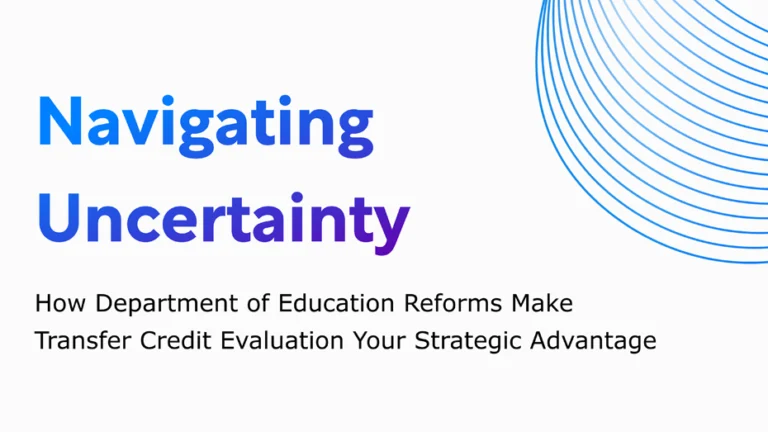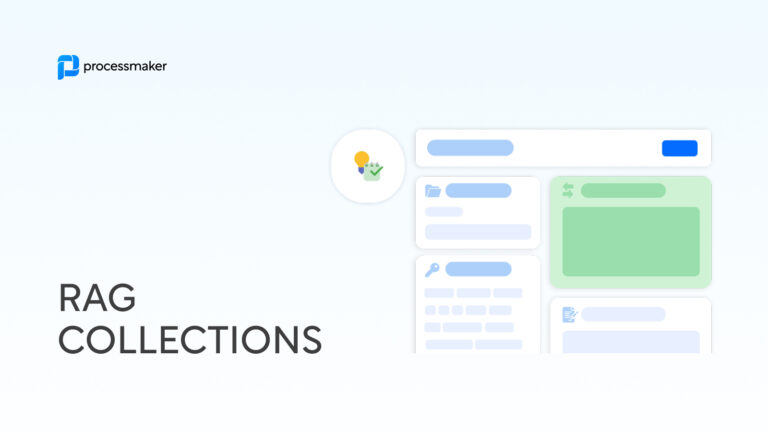The world has become increasingly complex. In the early days of the pandemic, organizations were forced to transition to remote work and reexamine their business models. Organizations leveraged innovative business automation technologies to overcome operational challenges and meet their customers rapidly changing needs. As the world emerges from the pandemic, organizational priorities will shift to adapt to three business automation disruptions happening now.
1. Reducing Operational Complexity with Automation
In the early days of the pandemic organizations had to adapt or risk failing. This required, according to a McKinsey report, increasing “the speed of decision making, while improving productivity, using technology and data in new ways, and accelerating the scope and scale of innovation.” Similarly, an IBM Institution for Business Value report points to the need for adaptability and speed in the post-COVID world, “Adaptability is now a mandatory business competency, and an accelerated pace of change has become normal.”
The same IBM report found that “Some 55 percent of respondents say the pandemic has resulted in ‘permanent changes to our organizational strategy.’ An even larger 60 percent say COVID-19 has ‘adjusted our approach to change management’ and ‘accelerated process automation,’ with 64 percent acknowledging a shift to more cloud-based business activities.”
Having weathered the most difficult days of the pandemic, leaders have begun prioritizing internal operational capabilities. Where leadership at some organizations once viewed business automation technologies with skepticism, there is now a broad acceptance of these technologies and commitment to leverage these solutions to become leaner and more adaptable to future challenges.
2. Increase in Orchestration over Automation
Automation and orchestration are different but related concepts. Many organizations have achieved some level of automation – arranging a single task to operate on its own. But as organizations focus on becoming more flexible and seek to expand the scope of their automation initiatives, more attention will be paid to orchestration.
Orchestration refers to the process of automating many individual tasks to work together. With orchestration, organizations can eliminate data silos and inefficiencies in their workflows. This allows them to streamline repeatable processes and enact system-wide standardized policies. Organizations can achieve end-to-end automation and orchestration through the use of low-code intelligent business process management software (iBPMS).
3. Process Mining and Low-Code Overtaking Traditional RPA Technologies
Just over a year ago Gartner named robotic process automation (RPA) as the fastest-growing segment of the global enterprise software market. And according to a recent Ernst & Young report RPA “promises to transform the cost, efficiency, and quality of executing many of the back office and customer-facing processes that businesses rely on people to perform.” Yet Ernst & Young also noted that it has observed a 30-50% failure in initial RPA projects.
It is not the technology, however, that fails. Rather, business automation failure is largely attributable to human error. For instance, applying RPA to a business process that is not clearly defined. Eliminating human error in the application of RPA and other business automation technologies is where process mining and low-code platforms are poised to disrupt the market.
Process mining software automatically sorts through system event logs to create comprehensive end-to-end models of “as is” business processes. Using these models, stakeholders can identify and correct process deficiencies before RPA is implemented. Since RPA relies on standardized and replicable tasks, understanding and sorting out a process beforehand increases the likelihood of success.
Low-code platforms make it easy to implement automation through user-friendly features such as drag-and-drop design tools that even those with little to no coding knowledge can use. As more and more organizations look to cost-effective and efficient business automation solutions to scale their businesses, look for process mining and low-code technologies to be at the forefront of successful digital transformations.
ProcessMaker provides an industry leading iBPMS that organizations can begin using today to stay ahead of these business automation disruptions and achieve digital transformation.





